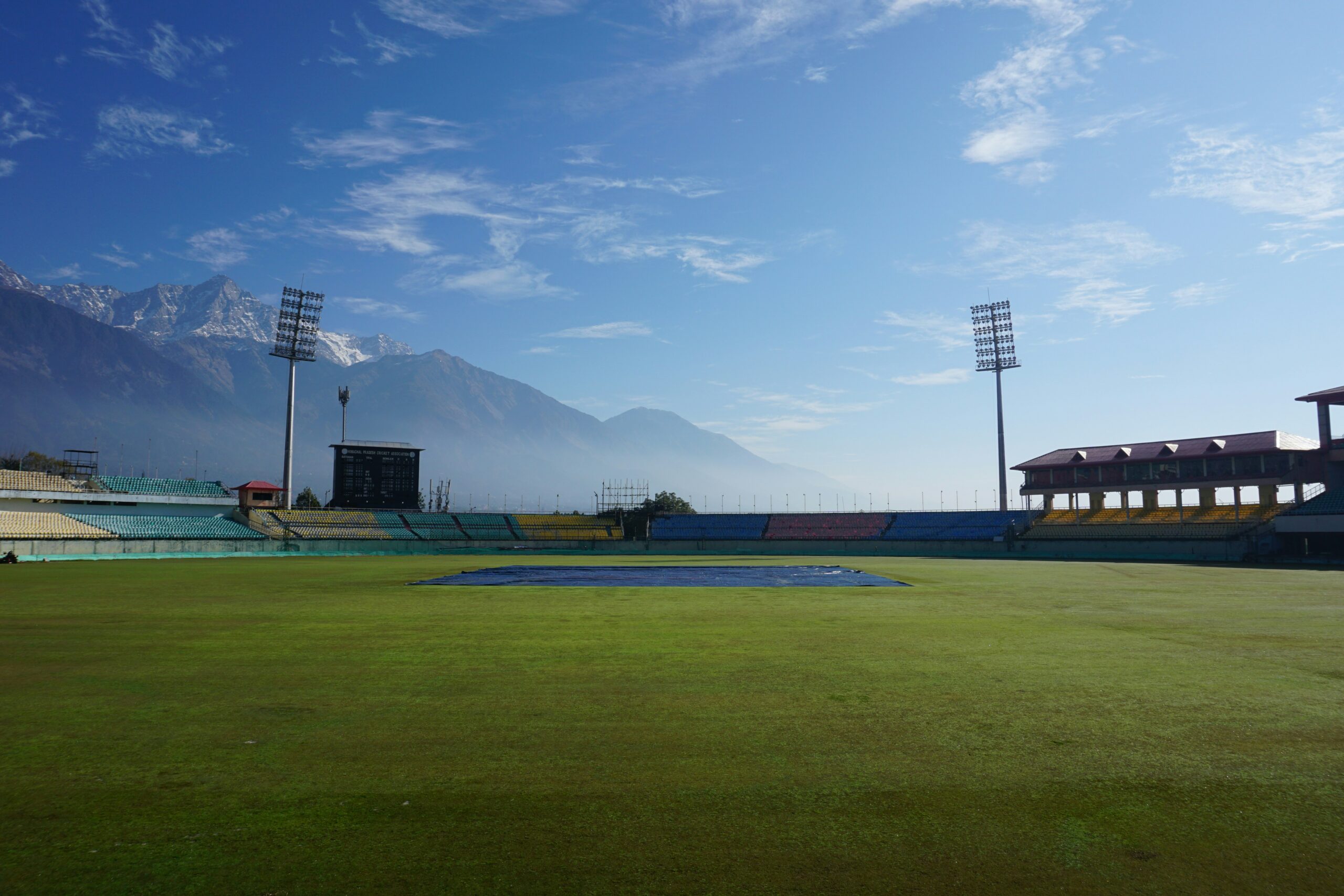Cricket and Environmental Sustainability: Green Practices in Stadiums
Sky247, Betbook247: Efforts to implement green practices in cricket stadiums have become increasingly essential in today’s environmentally-conscious world. The primary motivation behind this shift is the growing awareness of the impact of human activities on the planet. From reducing carbon footprint to minimizing waste generation, sustainability has become a key focus for stadium management.
Another driving factor for the adoption of green practices in cricket stadiums is the desire to set a positive example for fans and the wider community. By showcasing sustainable initiatives such as renewable energy use and recycling programs, stadiums aim to inspire others to follow suit in their own lives. Additionally, implementing green practices can also lead to cost savings for stadium operations in the long term, making it a financially viable choice as well.
Innovative Waste Management Strategies in Stadiums
Waste management in cricket stadiums has become a crucial aspect of sustainability efforts in the sports industry. With the large volumes of waste generated during matches and events, stadiums are implementing innovative strategies to minimize their environmental impact. One such approach is the implementation of comprehensive recycling programs, where separate bins for different types of waste are strategically placed throughout the stadium to encourage fans to dispose of their waste responsibly.
Moreover, some stadiums have also adopted composting techniques to manage organic waste effectively. By composting food scraps and other biodegradable materials, stadiums can reduce the amount of waste sent to landfills and instead create nutrient-rich soil for landscaping and gardening purposes. This not only helps in waste reduction but also contributes to the overall green initiatives of the stadium, making it a more sustainable and eco-friendly venue for sports enthusiasts.
Efficient Water Conservation Techniques in Stadiums
Water conservation in stadiums has become a top priority for sustainable operations. Incorporating low-flow fixtures in washrooms and water-saving technologies in irrigation systems are essential strategies to reduce water consumption. Implementing rainwater harvesting systems further contributes to the conservation efforts by utilizing natural sources to meet water needs.
Additionally, the installation of smart water meters enables stadiums to closely monitor water usage and identify areas for improvement. Adopting drought-tolerant landscaping and utilizing recycled water for non-potable applications also play a significant role in minimizing water waste. By integrating these techniques, stadiums can effectively manage their water resources while promoting environmental responsibility.
• Low-flow fixtures in washrooms
• Water-saving technologies in irrigation systems
• Rainwater harvesting systems
• Smart water meters for monitoring usage
• Drought-tolerant landscaping
• Recycled water for non-potable applications
Why is water conservation important in stadiums?
Water conservation is important in stadiums to reduce water usage, lower utility bills, and contribute to environmental sustainability.
What are some efficient water conservation techniques used in stadiums?
Some efficient water conservation techniques used in stadiums include installing low-flow fixtures, using drought-resistant landscaping, and implementing rainwater harvesting systems.
How can stadiums benefit from innovative waste management strategies?
Stadiums can benefit from innovative waste management strategies by reducing waste generation, increasing recycling rates, and minimizing environmental impact.
What are the key factors driving green practices in cricket stadiums?
The key factors driving green practices in cricket stadiums include increasing awareness of environmental issues, meeting sustainability goals, and reducing operational costs.
How can stadium owners and managers promote sustainability in their operations?
Stadium owners and managers can promote sustainability in their operations by implementing energy-efficient technologies, supporting local conservation efforts, and engaging with fans on environmental education.







